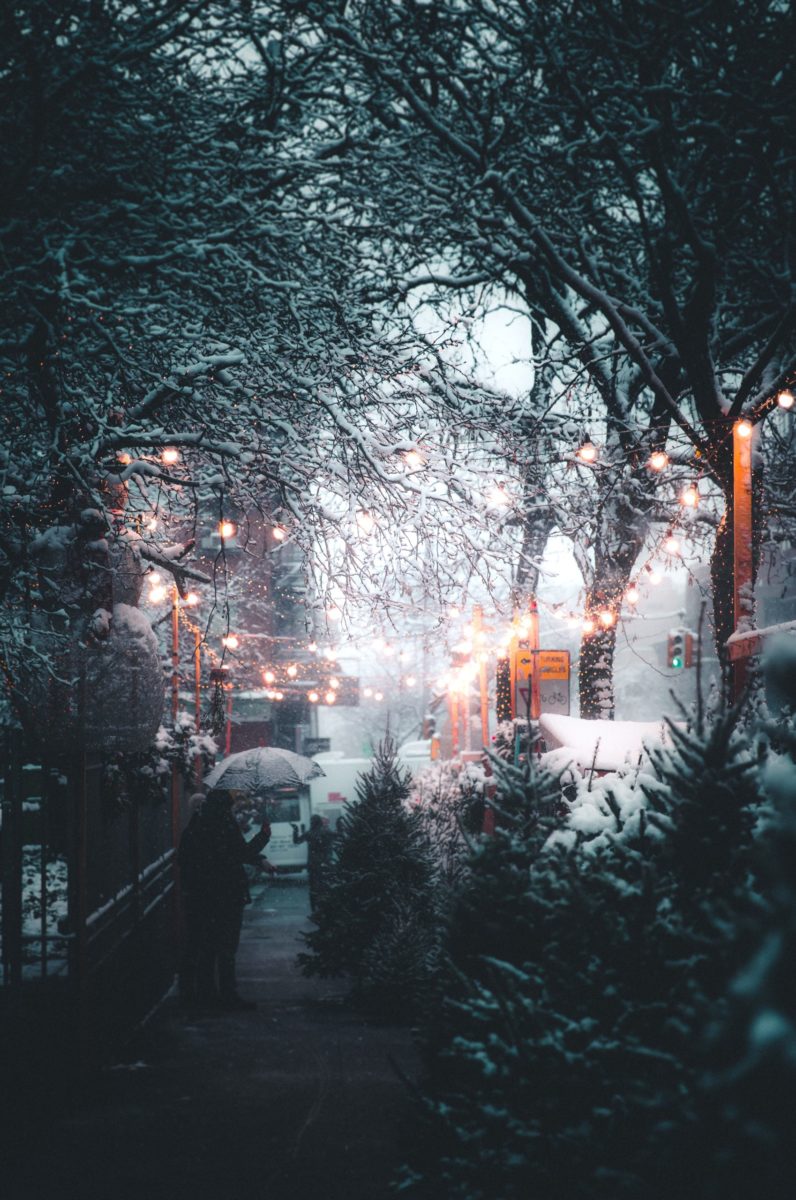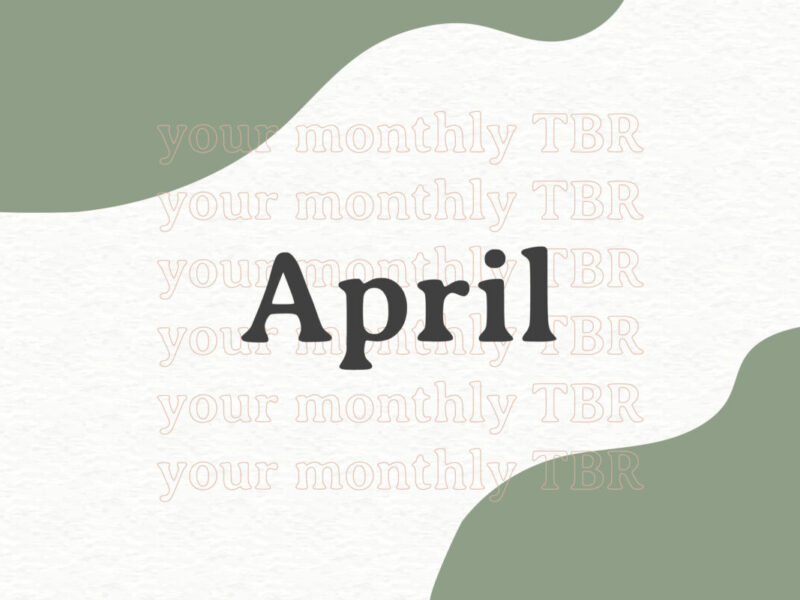It should come as no surprise that many of us have mixed feelings about the winter. For some, it’s a wonderland while for others, its a colorless wasteland. To explore our complex feelings about the wintry weather, we’ve made a list of six poems—each presenting a unique way to think about snow.
“Snow Day” by Billy Collins
From the collection Sailing Alone Around the Room, “Snow Day” invites readers to experience snow through the eyes of a child. Creative and chock-full of exciting imagery, Collins likens a day of snow to a worldwide revolution. “Today we woke up to a revolution of snow,” he writes, “its white flag waving over everything.” He goes on to write about hot tea, listening to the radio, school closings, and sliding through the snow. Teeming with youthful energy, this poem tells the tale of a snow day setting children free.
“Snow” by Frederick Seidel
Ominous and haunting, “Snow” by Frederick Seidel was originally featured in the September 2012 issue of Poetry magazine. With a tone of resignation and distance, Seidel compares the temporality of snow to our human lifespan, writing “Snow is what it does… We all will get there.” Snow comes into being, remains for a while, then melts away. Without being overly specific, this poem invites readers to contemplate our own existence and our relationship to our surroundings.
“Last Snow” by Heid E. Erdrich
Born in Breckenridge, Minnesota, there’s no doubt that poet Heid E. Erdrich feels at home in the snow. “Last Snow” gives us a glimpse into the speaker’s close and familiar relationship with the wintry weather as she describes the look and sound of melting, slushy snow on the ground. “We could head north and north and never let this season go,” she writes. Although the speaker does not want to let go of the season, she knows she must. “Last snow. Now it must always be so.” The poem originally appeared in Erdrich’s collection The Mother’s Tongue.
“Snow in the Morning” by Cathy Song
From the July/August issue of Poetry magazine comes “Snow in the Morning.” This intimate poem tells the story of a couple and their son as the three travel up a mountain to enjoy the snow before it melts away. However, the mother and father of the boy are preoccupied with their thoughts. Despite the distance between them, their son enjoys the snow and doesn’t seem to notice their distance. Song smartly juxtaposes snow, innocence, and youth with the chaos, confusion, and solitude that comes with adulthood.
“The Snow Man” by Wallace Stevens
This short, enigmatic poem paints a magical picture of the winter landscape with only two mentions of the word “snow.” With its original appearance in Poetry magazine in 1921, “The Snow Man” calls into question the difference between reality and our perception. “For the listener, who listens in the snow,” writes Stevens, “And, nothing himself, beholds / Nothing that is not there and the nothing that is.” Through his picturesque description of the snow, Stevens argues that reality is what we make it—and our perception is entirely up to us in the end.
“[the snow is melting]” by Kobayashi Issa
This short, translated haiku can take on a number of interpretations. Melting snow, running water, and playing children can all be read as themes of restoration and natural goodness. However, the poem can also be interpreted as an observation noted by a bitter old man who’d prefer to have a dry, quiet evening. No matter your interpretation, Issa paints a clear picture in just a few words that allow us to experience the end of winter through his own eyes.




